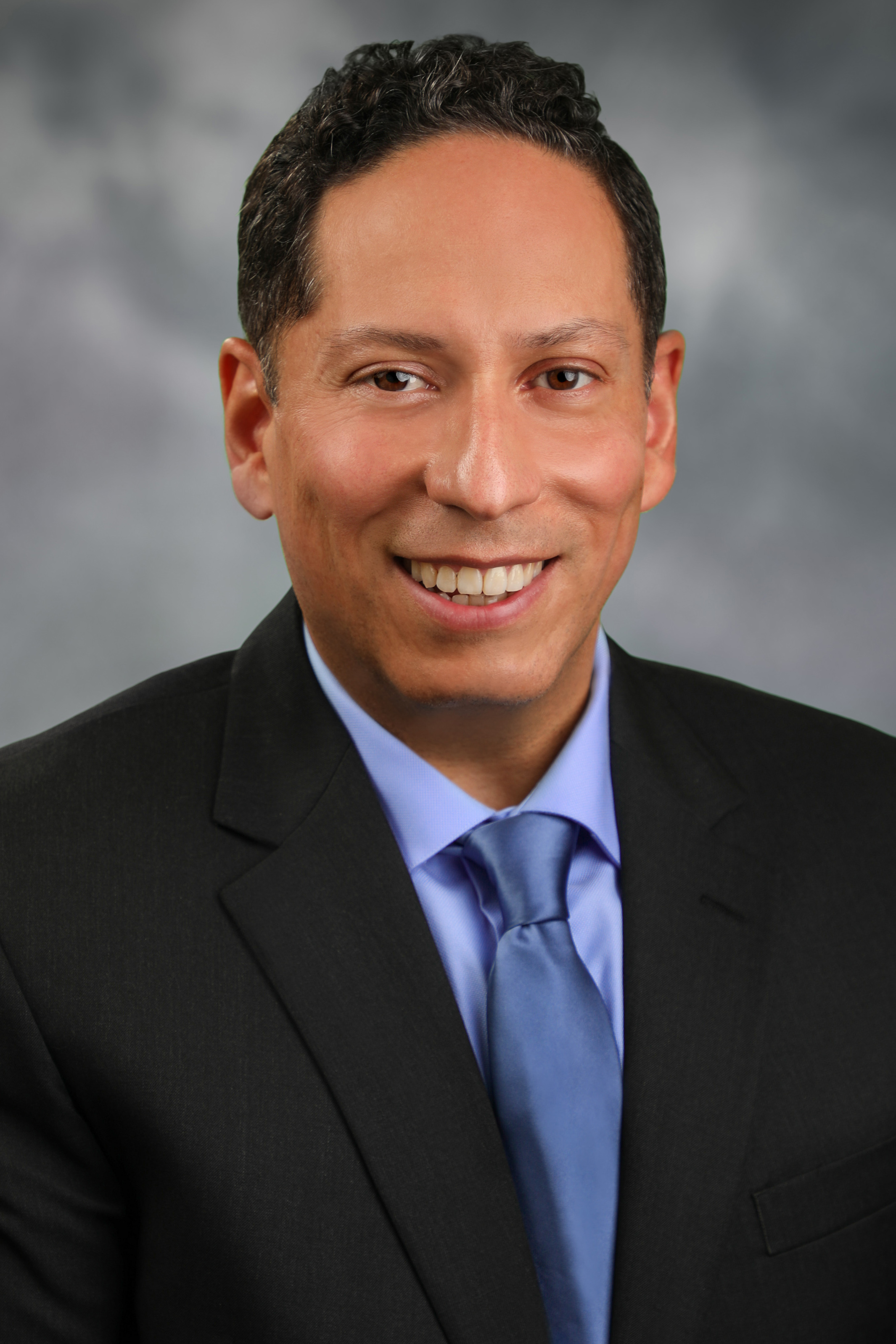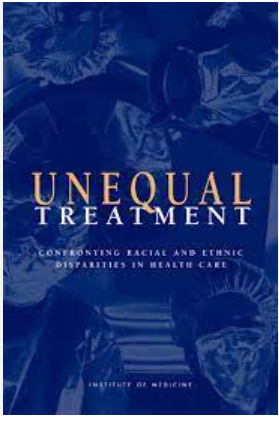Dr. Vincent Guilamo-Ramos Appointed to NASEM Committee on Racial and Ethnic Inequities in Health Care
The committee will work to update the Unequal Treatment report and make recommendations to advance health equity

Vincent Guilamo-Ramos, PhD, MPH, LCSW, RN, ANP-BC, PMHNP-BC, FAAN, dean, Duke School of Nursing, and vice chancellor of nursing affairs, Duke University, has been appointed to the National Academies of Sciences, Engineering, and Medicine’s (NASEM) ad hoc consensus study committee examining the current state of racial and ethnic healthcare inequities in the United States. The committee, entitled “Unequal Treatment Revisited: The Current State of Racial and Ethnic Disparities in Health Care,” will work to support the infrastructure and activities required to update the 2003 Unequal Treatment report. This major update will highlight the chief drivers of healthcare inequities, provide insight into successful and unsuccessful interventions, identify gaps in the evidence base and propose strategies to close those gaps.
“Twenty years have passed since recommendations were made from this report, and unfortunately, there is still much work to be done to reach those original goals,” said Ramos. “As the country continues to grapple with the COVID-19 pandemic and the social inequities it laid bare, it is more important than ever for the nursing profession to lead the focus on addressing the social determinants of health that prevent people from getting the care they need. As the only nurse on the committee, I’m confident that at the end of this project, we will have more evidence to accelerate the progress already made and push this country even further forward in reducing health inequities.”
Data from the CDC shows that despite decades of effort, racial and ethnic healthcare inequities continue to persist throughout the United States. Underserved racial and ethnic individuals and communities experience higher rates of illness and death across a wide range of health conditions, including diabetes, hypertension, obesity, asthma and heart disease. The COVID-19 pandemic, and its disproportionate impact among communities of color, is another stark example of these enduring health inequities.
This consensus study committee will consider ways to scale and spread effective interventions to reduce racial and ethnic inequities in health care and make recommendations to advance health equity.
Ramos’ research focuses on improving healthcare access, quality, and outcomes for Latinos and other underserved communities, with a focus on mitigating the mechanisms through which the social determinants of health shape health inequities. Ramos and his Center for Latino Adolescent and Family Health (CLAFH) colleagues developed a set of conceptual and applied web resources for social determinants of health mitigation, www.DUSONtrailblazer.com, that can be used by academic and health care leaders, practitioners, policymakers, community partners and advocates for designing effective measures to mitigate harmful social determinants of health.
Ramos’ contributions to reducing health inequities are an exemplar of the school’s community members leading the way to put an end to health inequities, mitigate harmful social determinants of health, and create a healthier and more equitable future.
Nursing is the largest and most trusted health care profession and therefore ideally positioned to lead the paradigm shift that is needed to address the current inequities in healthcare. It is a position the Duke University School of Nursing has made a strong commitment toward in its 2022-2027 Strategic Plan. The school’s vision for the future is to promote health equity and social justice through transformative excellence in nursing education, practice, and science. To that end, the school will be hosting an event on February 22 focused on the growing and increasingly unsustainable human and financial costs that are widening health inequities in the United States. The event will feature three guest speakers and is free and open to the public. Any press interested in attending should RSVP with Sarah Riddle at sarah.j.riddle@duke.edu.
